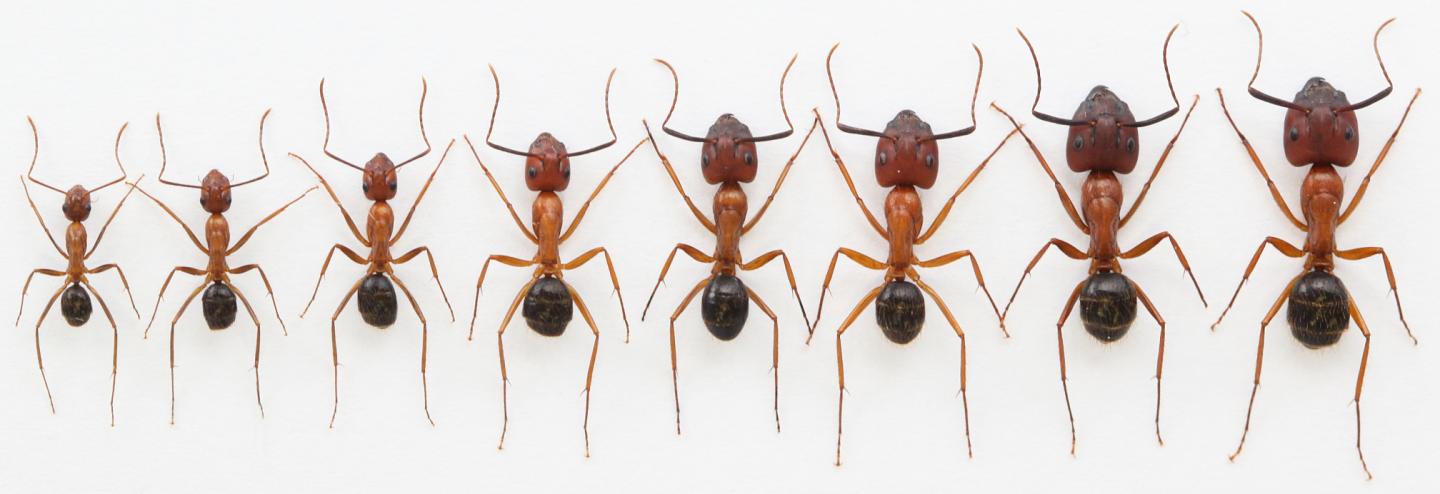Developmental plasticity of a superorganism from cells to societies: Eco-Evo-Devo of ants
Rajendhran Rajakumar
Department of Biology and Department of Cellular & Molecular Medicine, University of Ottawa, Canada
Ants are social insects that exhibit an incredible degree of phenotypic plasticity. During development, different environmental perturbations can permit a single genotype to give rise to an array of alternative phenotypes related to dramatic differences in morphology, longevity, reproduction and behavior. This environmental sensitivity is the basis for the diversity of complex ant caste systems. My work has taken a model clade approach, focusing on the hyperdiverse ant genera Camponotus and Pheidole, and more generally has sought to understand how the environment acts on development through the integration of hormones, pheromones, genes and epigenetic mechanisms to generate both quantitative and qualitative phenotypic variation for selection to act on. Ants provide an Eco-Evo-Devo model to understand how organs and individuals intercommunicate to influence developmental processes, physiological homeostasis and social interactions, in the context of a changing environment. Thus far, this model has provided a great deal of insight including: (1) the identification of an epigenetic mechanism that generates quantitative trait variation during worker development; (2) that a transient rudimentary organ acts as a developmental organizer of social organization that environmentally senses soldier caste demography and plastically regulates soldier development; and (3) the discovery that the recurrent environmental induction of hidden ancestral developmental programs facilitates the adaptive evolution of novel worker castes. Collectively, these mechanisms and processes are involved in generating phenotypic variation within and between species at biological levels spanning from cells and tissues to individuals and societies.

Photo credit: Mélanie Couture and Dominic Ouellette









You must be logged in to post a comment.